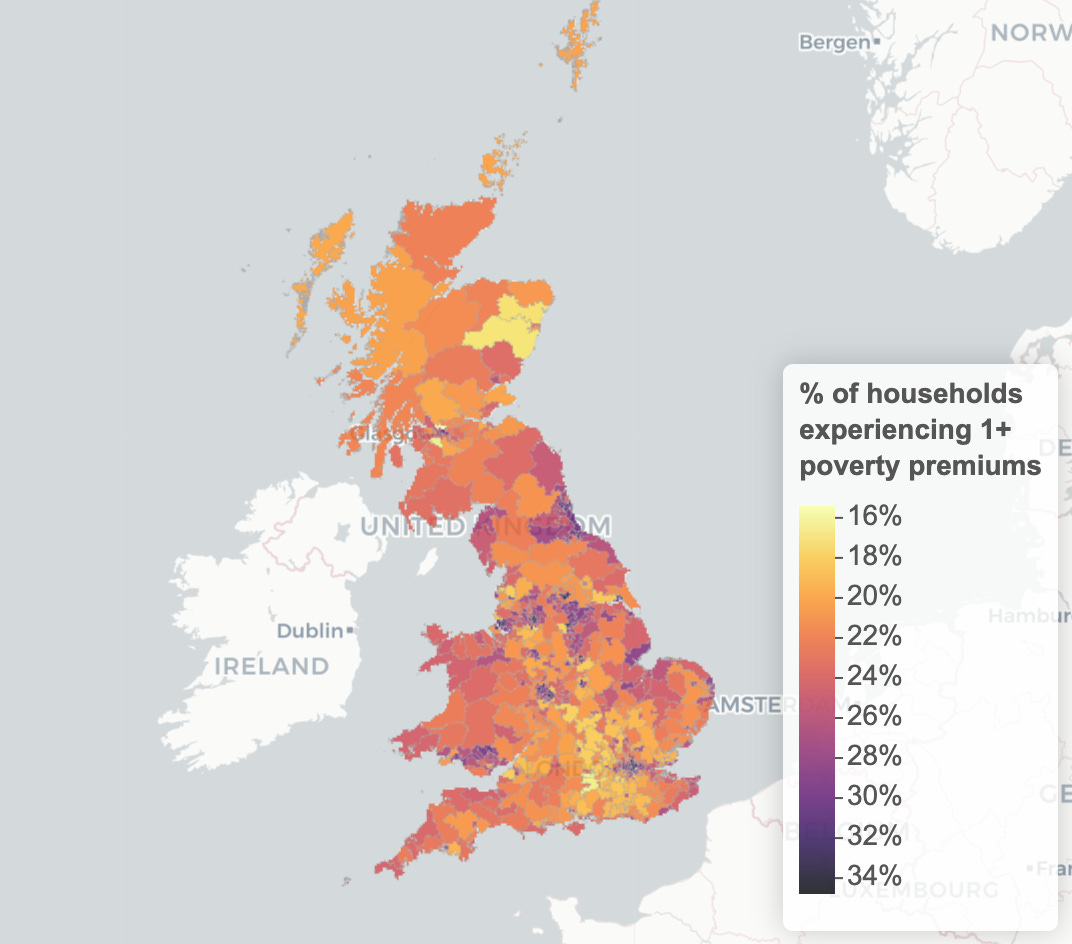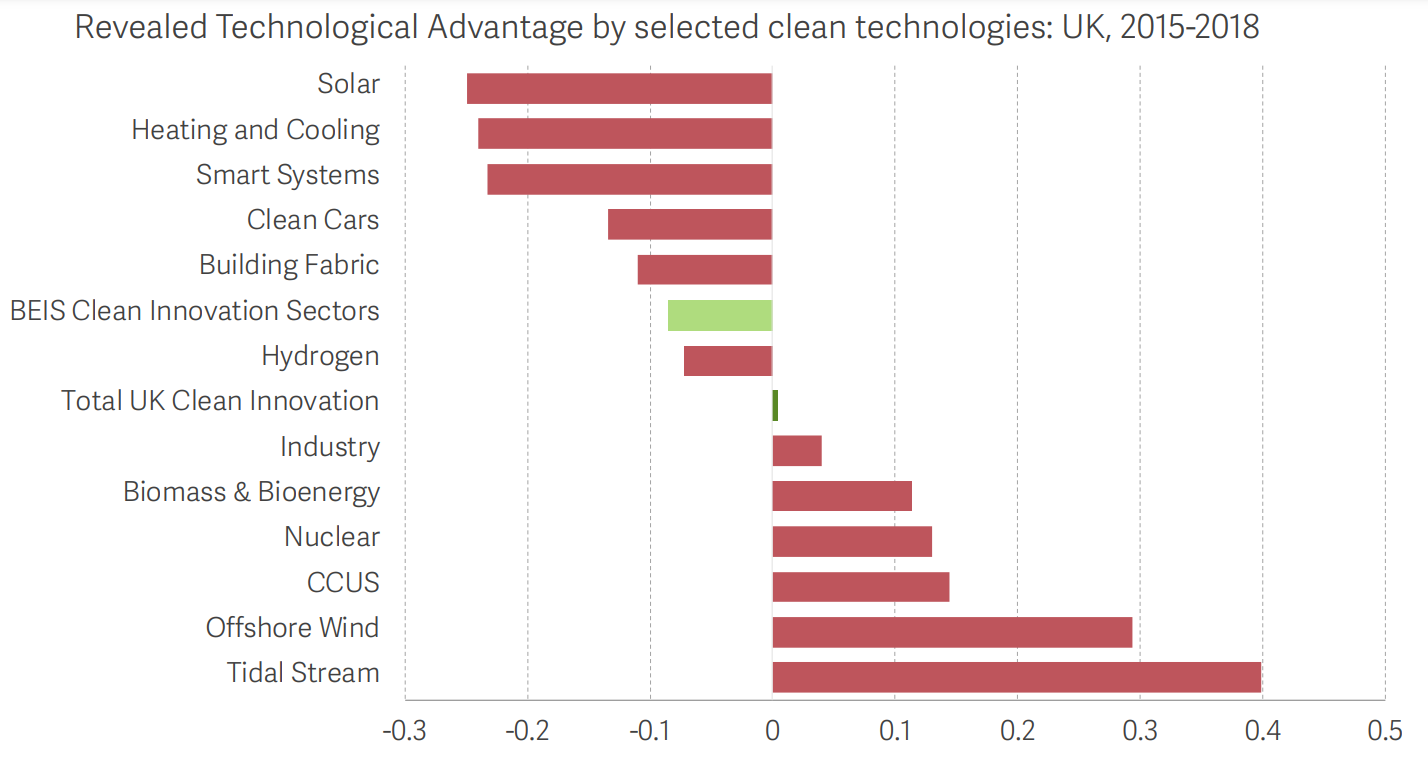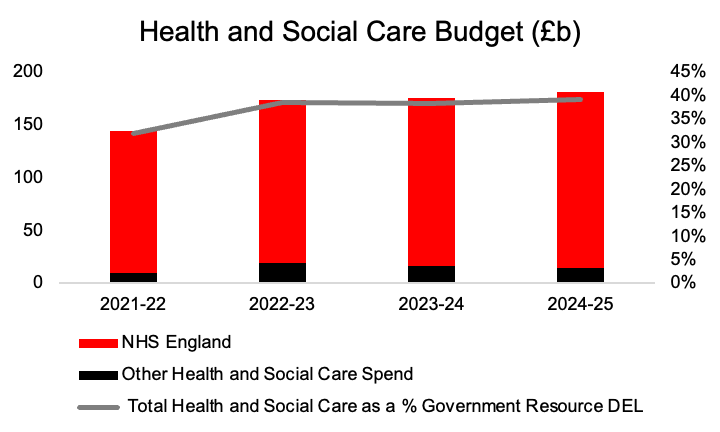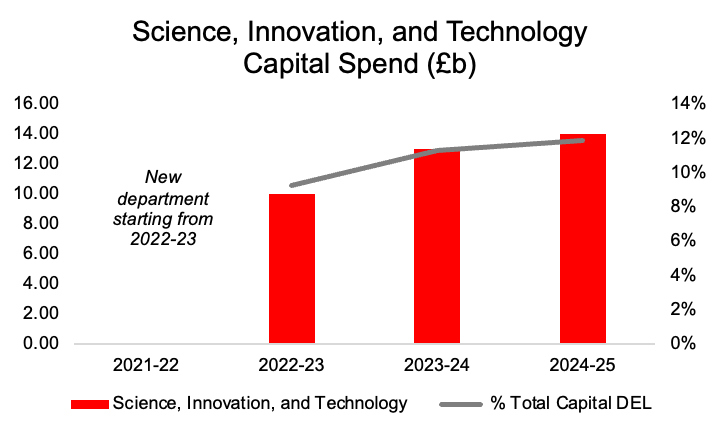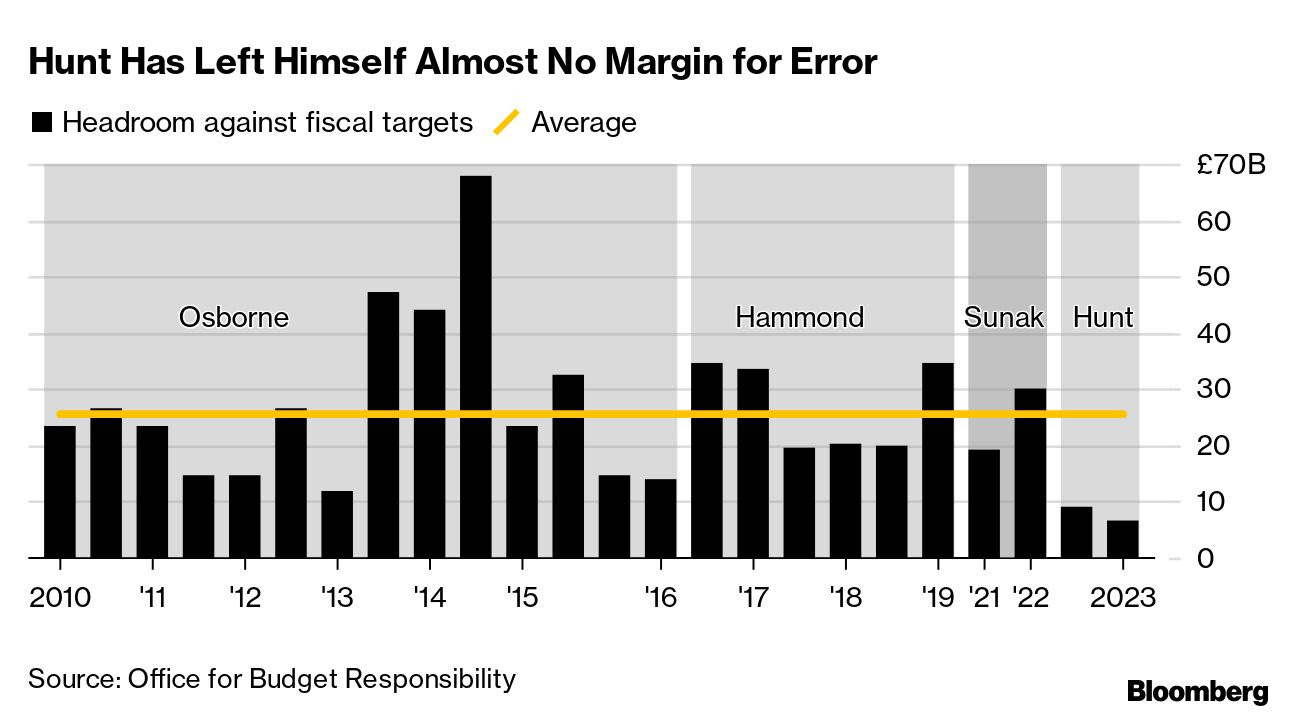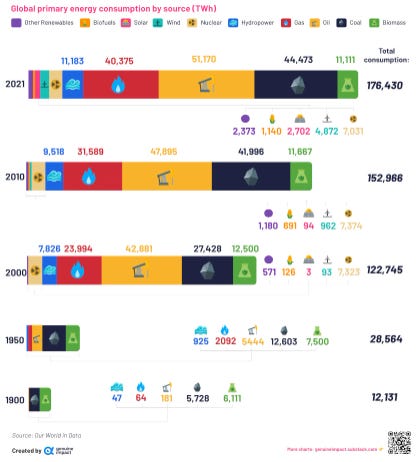The UK’s Spring Budget had many exciting initiatives around Climate and Health. As has been widely reported, the UK is allocating £20b to Carbon, Capture, and Storage technologies. They are also improving MSK and Mental Health provisioning for those who have chronic conditions. The government also published various budget plans for its new departments including Science, Innovation, and Technology & Energy Security and Net Zero. We provide a factual summary below.
Spring is in the air 🗞️
The government has published its Spring Budget plan, including a 122-page document laying out key policy updates. We break out a few points around climate, health, and budgets.
Notes in Health
Addressing long-term illness
As we’ve previously written (here), there are 2.5m people which are inactive due to long-term sickness. The government introduced a Universal Support programme to match people with disabilities and chronic conditions with jobs, training, and support.
MSK and mental health assistance
MSK issues and mental health were among the leading causes for people dropping out of the workforce given ill health. The government will expand the Individual Placement and Support scheme, as well as scaling up MSK hubs in the hubs across communities.
Extra funding for MHRA
The government is renewing recommendations on the regulation for emerging digital technologies. The Medicines and Healthcare Regulatory Agency (MHRA) will receive £10m in additional funding over the next 2 years. They are changing the approval process from 2024 to allow better operational efficiency in approving innovative medicines and technologies (they give cancer vaccines and AI therapeutics for mental health as examples).
Heating poverty premium
As has been widely publicised, the government is removing the premium paid by over 4m households using prepayment meters. This should save households £45 per year on average.
More generally - this is a great resource from Fair by Design regarding the poverty premium.
Notes in Climate
Fuel duty stays at 5p
They are cancelling the planned increase in line with inflation for 2023-24 given volatile petrol and diesel prices.
High growth sectors
The government is introducing investment incentives and ‘smarter regulation’ in high growth sectors defined as: green industries, digital technologies, life sciences, creative industries, and advanced manufacturing. Details on these incentives have yet to be released and will be made public in the coming weeks.
Great British Nuclear
The government is launching Great British Nuclear (GBN) to leverage private investment into the UK’s secure and clean energy future. The first staged competition will involve Small Modular Reactors. If these succeed, the government will co-fund technologies in the UK. Further projects will be of Gigawatt-scale while considering value for money, relevant approvals, and technology readiness.
This is a slightly out-of-dated chart showing the UK’s technological advantage across clean technologies between 2015-18. The full report on the UK’s comparative advantage can be found here.
Here’s a broader picture of advantage across cleantech and life sciences.
Carbon Capture, Usage, and Storage
The government will provide £20b in funding for early deployment of CCS technologies. The focus is on the East Coast and in the North West of England and North Wales. The government will publish a shortlist of CCUS deployment later this month.
Notes on Department Budgets
NHS Budget
Total Health and Social Care in 2021-22 was £144b, of which NHS England amounted to £134b. This is set to increase to £174b and £155b in 2022-23, £176b and £160b in 2023-24, and £180b and £166b in 2024-25.
New Science, Innovation, and Technology Budget
The newly announced Department of Science, Innovation, and Technology will receive £0.4b in 2022-23, £0.3b in 2023-24 and 2024-25 will receive in resources (’resource spending’).
This increases when looking at capital deployment, moving from £10.4b in 2022-23, £13.1b in 2023-24, and £13.7b in 2024-25 (’capital spending’).
New Energy Security and Net Zero Budget
The newly announced Department of Energy Security and Net Zero will receive £1.4b in 2022-23, £1.6b in 2023-24 and £1.5b 2024-25 will receive in resources (’resource spending’).
This increases when looking at capital deployment, moving from £4.7b in 2022-23, £5.9b in 2023-24, and £8.2b in 2024-25 (’capital spending’).
And a bonus chart for the numbers fans - this was an interesting piece from a Bloomberg newsletter.
3 Key Charts 📊
1. Obesity population and revenue worldwide
2. The global energy consumption split by source
3. Consumer wallets continue to thin
Deal Capture 💰
Deals in the impact space across the UK and Europe
CollectiveCrunch
Forest AI company CollectiveCrunch raised a €1.4m seed round. Led by Nidoco.
Eventum Orthopedics
Surgery company Eventum Orthopedics raised a £2.5m Series A.
HelloSelf
Digital therapeutics company HelloSelf raised a £17m Series B. Led by Octopus.
Phytonics
Semiconductor startup closed a ‘low seven figure’ Series A round. Included existing investors.
Selfrag
Waste company Selfrag raised €14.6m. Included existing shareholders.
Sunhero
Residential solar company Sunhero raised a €10m round. Led by Planet A and Vorwerk Ventures.
Zoe
Nutrition company raised £2m. Included Flight Fund (Steven Bartlett’s new fund).
Getting in Touch 👋.
If you’re looking for funding, you can get in touch here.
Don’t be shy, get in touch on LinkedIn or on our Website 🎉.
We are open to feedback: let us know what more you’d like to hear about 💪.





